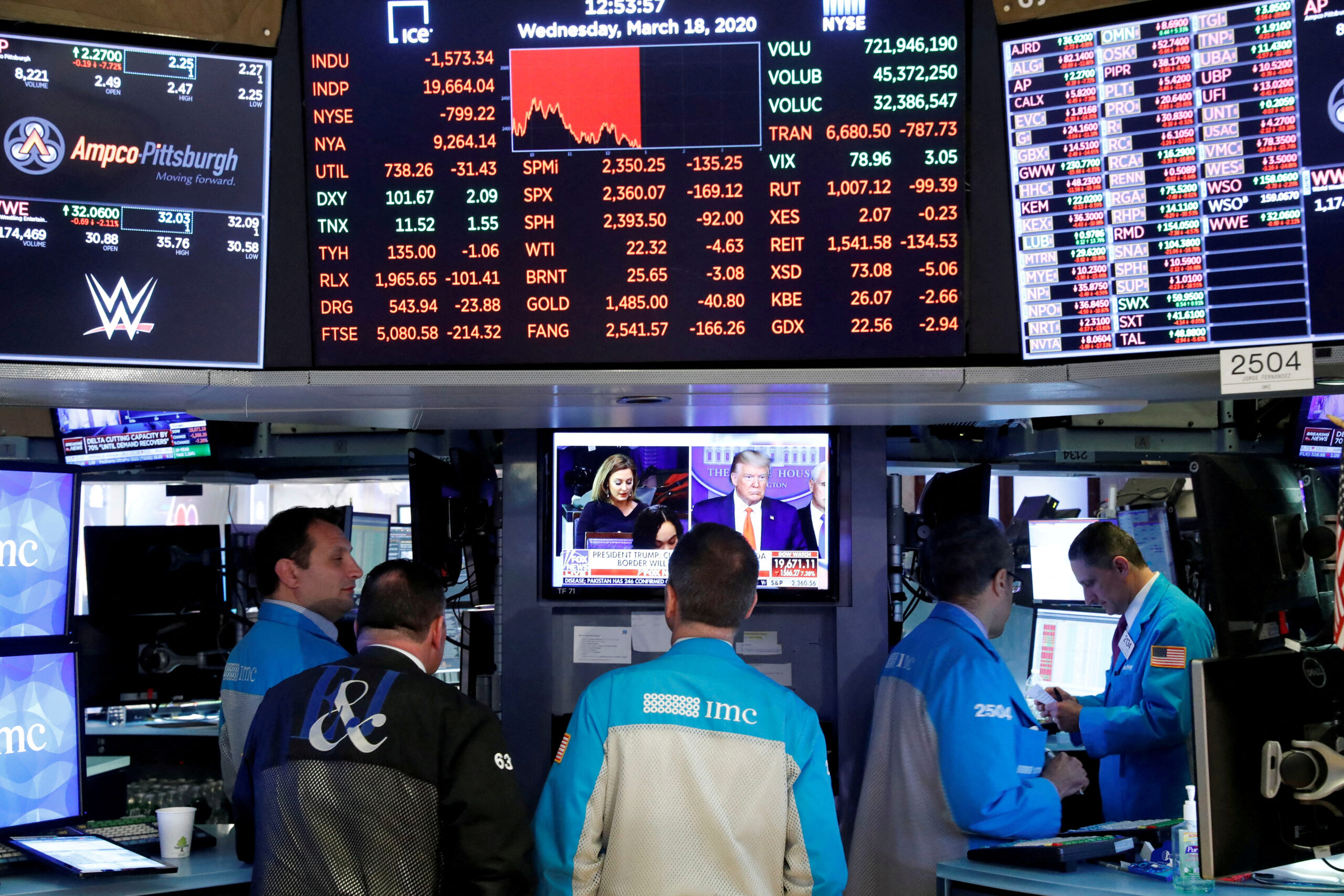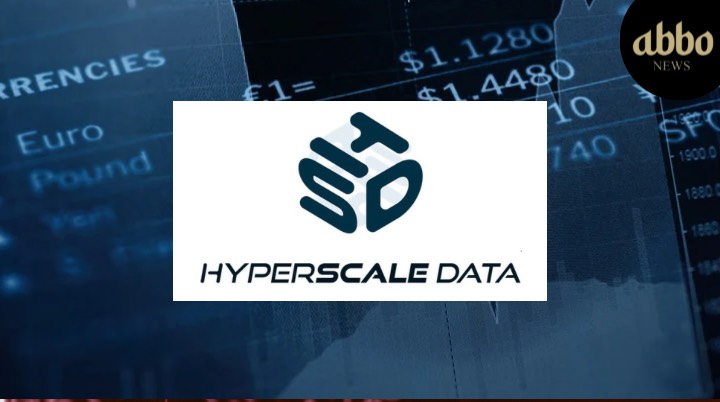NEW YORK – Demand for options protection against an equity market crash is rising, even as a post-election rally takes U.S. stocks to record highs.
Worries over the possibility of a contested election dissipated following President-elect Donald Trump’s victory earlier this month, helping the S&P 500 climb to an all-time high. The Cboe Volatility Index, one measure of investor anxiety, closed near a post-election low of 14.10 on Tuesday.
But several barometers gauging uptake for protection against extreme market swings – such as the Nations TailDex Index and Cboe Skew – are picking up. While the rise in these indexes does not necessarily mean investors expect catastrophic events, they suggest elevated caution in the face of several weighty risks, including the potential of an inflationary snap-back to ructions in global trade next year.
One such risk came to the fore late on Monday when Trump pledged big tariffs on Canada, Mexico, and China – detailing how he will implement campaign promises that could trigger trade wars.
Though U.S. stocks largely shrugged off the comments, Trump’s broadside evoked flashbacks to the trade-fueled market swings that took place during his first term, bolstering the case for portfolio hedging.
Amy Wu Silverman, RBC Capital Markets head of derivatives strategy, said investors are guarding against so-called fat tail risks, options parlance for higher expected probabilities of extreme market moves.
“While investors broadly remain long equities, the tails are fatter,” she said. “This is partly from a rise in geopolitical risk premium and certainly potential policy risk as Trump returns to the presidency and potentially enacts tariffs and other measures.”
The Nations TailDex Index, an options-based index that measures the cost of hedging against an outsized move in the SPDR S&P 500 ETF Trust, has risen to 13.64, double its post-election low of 6.68. The index is higher now than it has been about 70% of the time over the past year.
Cboe Skew index, another index that indicates the market’s perception of the likelihood of extreme price movements, on Monday, closed at a two-month high of 167.28.
VIX call options, which offer protection against a market sell-off, also show some of this demand to protect against “tail risks.” VIX three-month call skew – a barometer of the strength of demand for these contracts – is hovering near the highest level in over five years, according to an analysis by Susquehanna Financial Group.
“The general idea is there is an 80-95% chance of pretty low volatility, that’s why the VIX is relatively low, but there’s just more of a tail event being factored in,” said Chris Murphy, co-head of derivative strategy at Susquehanna.
Maxwell Grinacoff, equity derivatives strategist at UBS, said Monday’s tariff pledge by Trump is the kind of risk investors might be worried about encountering again in coming months.
“It gives people a reason again to start hedging,” he said “You’ve seen more of a return to downside hedging again.”
Investors also grapple with uncertainty over how deeply the Federal Reserve will be able to cut interest rates in coming months, as central bankers are faced with a stronger-than-expected economy that could spur an inflationary rebound if they ease monetary policy too far. The Fed will hold its last monetary policy meeting of the year on December. 17-18.
The Russia-Ukraine war and conflict between Israel and Hamas could also add to market flare-ups.
UBS’s Grinacoff said next year may hold parallels to 2018, when stocks hit new highs at the start of the year only to slide as headlines on trade and tariffs hurt growth expectations and volatility picked up across asset classes.
Investor demand for protection is “warranted, in my opinion,” he said.













